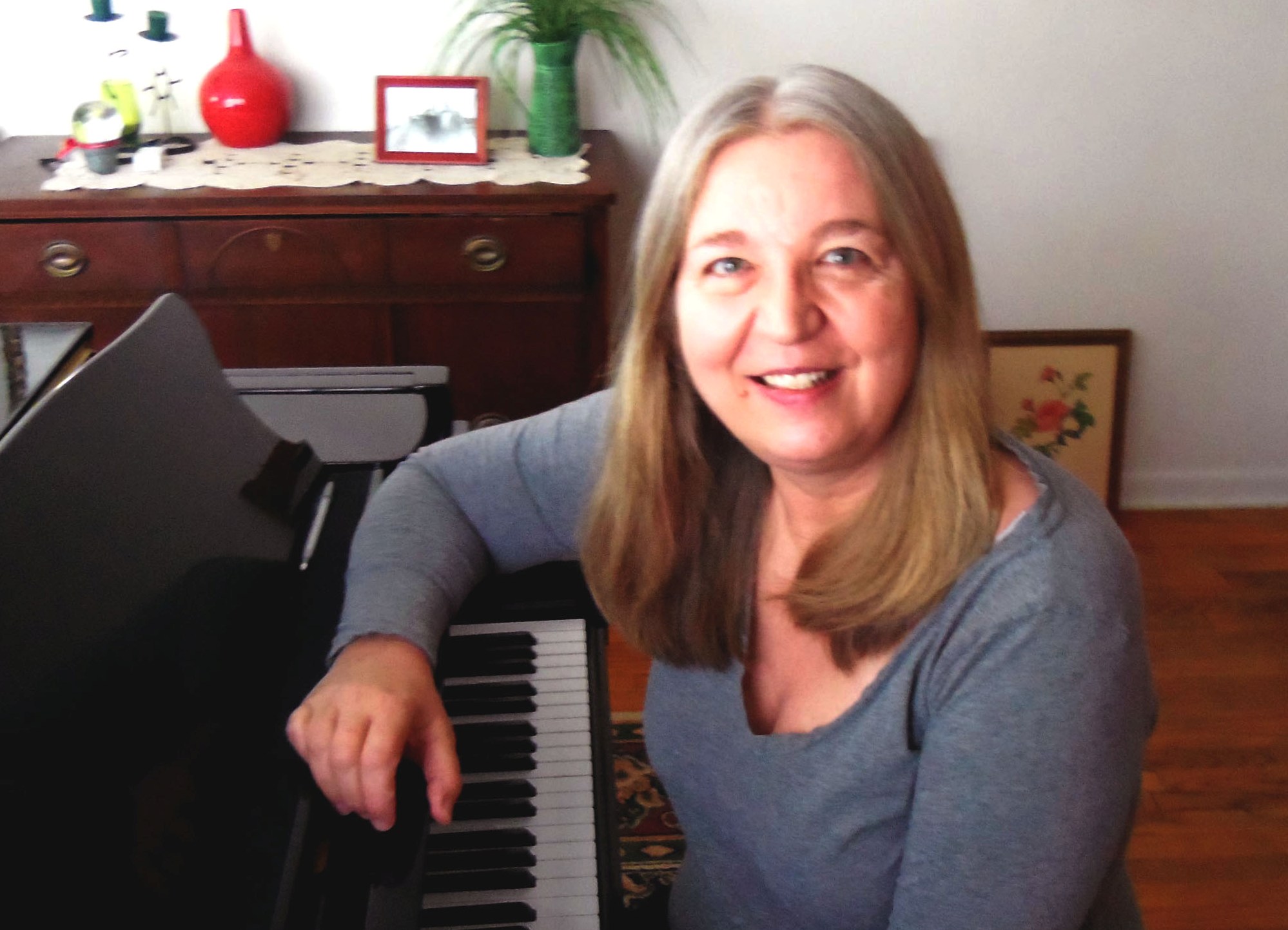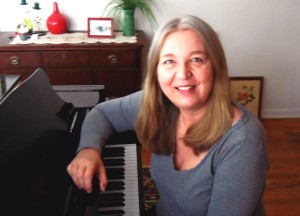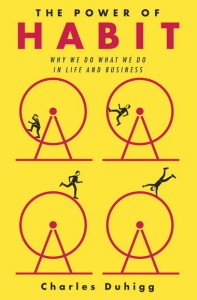For 2012, the piano teacher and concert organizer Catherine Shefski, disenchanted with how little she played the piano, resolved to upload to SoundCloud a new classical piano music recording each week. Now with her Go Play Project completed, Catherine joined GRAND PIANO PASSION™ for this exclusive interview about how her experience relates to adult piano lessons.
Congratulations. I was very impressed to see that you did not miss a single week. How does it feel now that you have completed the Go Play Project?
When I look back on all the pieces—and I did miss a few weeks; I ended up with a total of 49 pieces—I’m actually quite proud! However, I do hear so much I would do differently the next time around, and I’m hoping to go back to some of the same pieces and perform (and possibly record) them with all that I’ve learned.
You mentioned that you undertook this project to conquer procrastination.
I actually find that for me procrastination can be a result of perfectionism. The feeling that a piece was never polished enough meant that it was never finished. When there was no performance to work toward there was no deadline, so piano pieces seemed to be always in a state of limbo. Setting the weekly recording deadlines changed all of that. I had to learn how to let go and just play. Whatever came out may not be perfect but was as “perfect” as it was going to get that week.
You felt that a quote from The Artist’s Way by Julia Cameron—and that is such a wonderful book—was helpful to you in your journey:
“To the perfectionist, there is always room for improvement. The perfectionist calls this humility. In reality, it is egotism. It is pride that makes us want to write a perfect script, paint a perfect painting, perform a perfect audition monologue.
Perfectionism is not a quest for the best. It is a pursuit of the worst in ourselves, the part that tells us that nothing we do will ever be good enough—that we should try again.
No. We should not.”
Yes, I think this applies to all creative projects. For example, when I’d write, even something as simple as a blog post, I’d find myself organizing my desk or cleaning the kitchen, anything to avoid sitting down and getting the words on paper. And then once I got started, the challenge was to keep writing without going back to the beginning to edit and rewrite. It wasn’t until I took on the challenge of National Novel Writing Month (NaNoWriMo) a couple of years ago that I learned how to just let the words flow without the constant revising and tweaking that was so time-consuming. Setting the weekly recording deadlines was like NaNoWriMo for piano.
Do your students in adult piano lessons struggle with wanting to get the music perfect?
I have noticed perfectionism in my adult students but in a different way. For some, the fear of playing a wrong note is almost paralyzing. I try to explain that they’ll learn by making mistakes and moving out of their comfort zone by sight-reading, and by letting their ear guide them. This definitely seems to be an age-related issue, not something that I often see in children.
Do you find yourself assigning sight-reading more to students of adult piano lessons as a result of their fears of making mistakes?
In adult piano lessons, I most definitely stress sight-reading. I particularly enjoy hearing the students sight-read when they are familiar with the tunes they are playing, for example, pop music, folk tunes, or even Christmas carols. The music comes so much easier to them and those are the times they truly enjoy playing the piano. I always tell them to remember to keep their eyes moving ahead of their hands and to look for patterns. Sight-reading is a great way for all students to get over their fear of making mistakes.
Now that you’ve accomplished your 2012 goal, what is on the docket for 2013?
I’m making a commitment to another year of piano. I’m going to devote 2013 to getting a program of music by Rachmaninoff, Medtner, and Scriabin ready for performance.






0 Comments